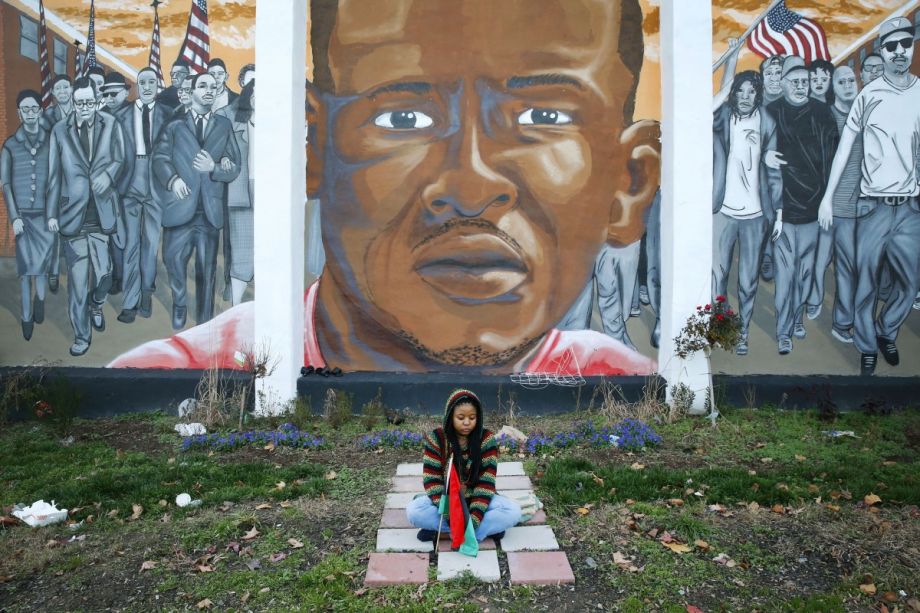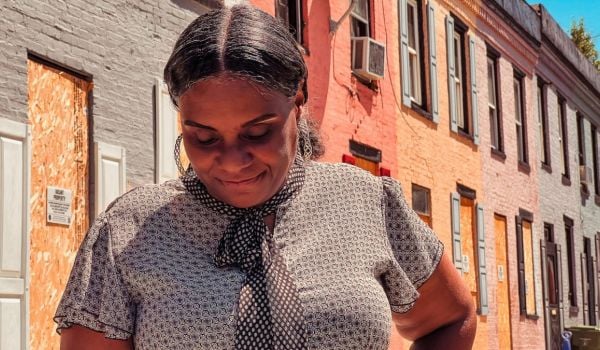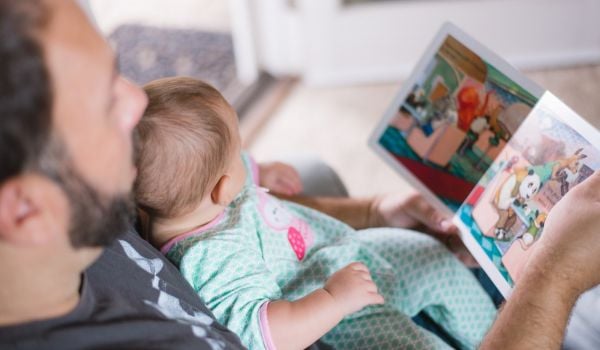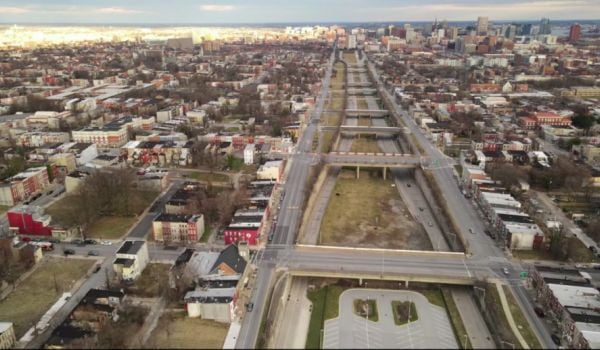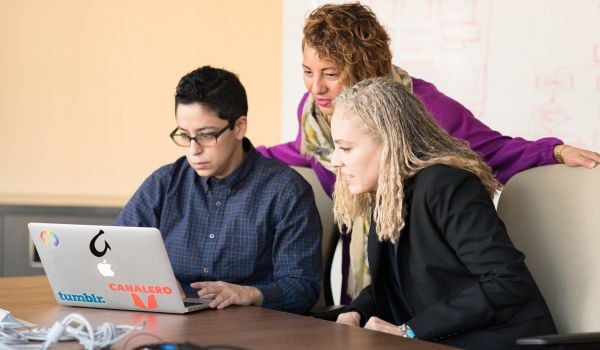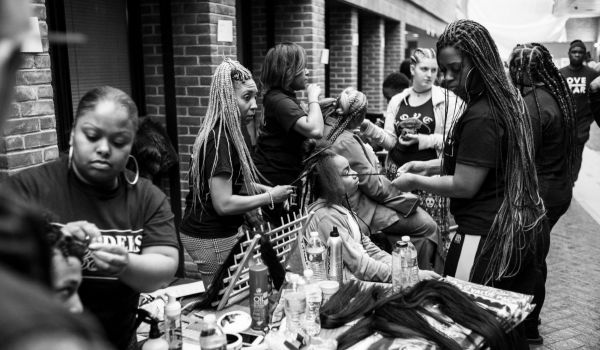Coming of Age in the Other America — published Tuesday on the anniversary of Freddie Gray’s death after injuries sustained in police custody — aims to flip the narrative about Baltimore’s impoverished youth.
After following 150 Baltimore teens for more than a decade, authors and sociologists Stefanie DeLuca, Susan Clampet-Lundquist and Kathryn Edin conclude in their book that the majority of these youth have mainstream aspirations to complete post-secondary education and work in the formal sector. Despite the structural barriers they will face and the media narrative that can paint these youth as fundamentally volatile, the authors say that the social reproduction of poverty is far from inevitable. This is true even in Baltimore, where poor children are less likely to escape poverty than those growing up in any other city in America.
Their research found that youth from disadvantaged communities are often motivated to exit the cycle of poverty by an “identity project” — pursuit of a passion like art, music or a dream job that could lead to schooling or a career. But they also found that the deeply entrenched disadvantages they face can force even the most promising students into expedited education or career paths, keeping them mired in poverty.
Take for example a student the writers called Bridget, a passionate dancer and good student whose strong PSAT scores helped her earn a National Merit Scholarship. She’d hoped to go to Harvard, but instead enrolled in a military boot camp, seeking a quicker path out of her poor, violent neighborhood. Of all the youth surveyed, a third — particularly those without passion projects — were neither employed nor in school, a crisis the authors argue is driven by a weak labor market and subpar postsecondary education, including exploitative for-profit trade schools and underfunded community colleges, which trap young adults in low-wage jobs and mounting debt.
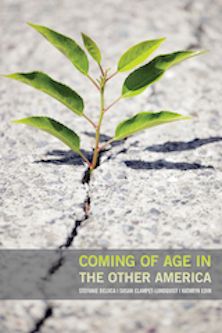
The authors concluded that while personally motivating projects can propel youth forward, systemic changes are needed to help them transcend inherited boundaries. Their research found that youth who were able to move to better neighborhoods through the Moving to Opportunity program or other means were much more likely to complete high school and enroll in college than their parents.
But in a city where race often correlates more with poverty than with income, much more than moving poor kids into wealthier neighborhoods is necessary. The authors argue the need for mixed-income neighborhoods, increased regulation of for-profit schools and increased college resources for low-income high school students. And to keep youth in school long enough to reap those benefits, students need institutional support for identity projects.
Jen Kinney is a freelance writer and documentary photographer. Her work has also appeared in Philadelphia Magazine, High Country News online, and the Anchorage Press. She is currently a student of radio production at the Salt Institute of Documentary Studies. See her work at jakinney.com.
Follow Jen .(JavaScript must be enabled to view this email address)

